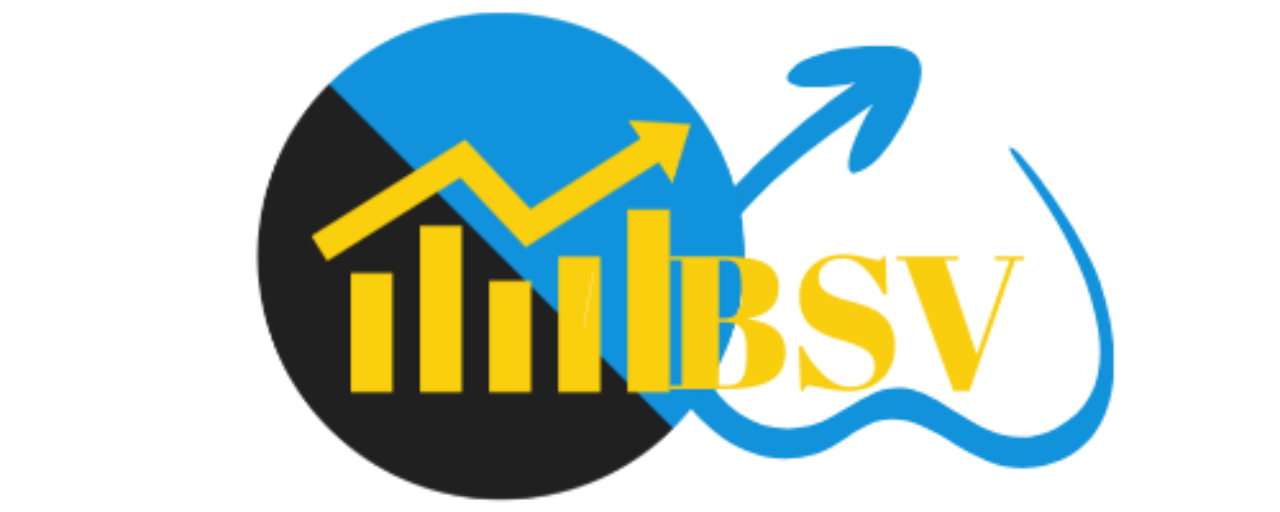Have you ever witnessed a corporate transformation unfold before your eyes? The recent announcement on December 28th that Axington 442U has obtained the green light from the Singapore bourse to list shares under the reverse takeover of Achieva Technology is one such metamorphosis. This strategic move is set to shape the future of both entities, signaling a new chapter in their corporate narratives.
In a late Wednesday bourse disclosure, it was revealed that Axington, in September, signed a conditional sale and purchase agreement with Serial I-Tech (Far East) to acquire Achieva Technology. This acquisition is not just a mere merger; it’s a reverse takeover, a fascinating financial maneuver where a smaller company takes over a larger one. The deal stipulates that Axington will list consolidated shares after the existing stock is combined, and new consolidated shares will be issued to Serial System S69, the ultimate parent of Achieva Technology. This is a significant event, and as the transaction unfolds, the market is watching with keen interest.
The intricacies of such a deal are worth unpacking. Typically, a reverse takeover allows a private company to become publicly traded without resorting to an initial public offering. It’s a scenario that can provide numerous benefits including access to capital markets, improved liquidity for shareholders, and increased visibility in the marketplace. For Achieva Technology, being part of Axington means tapping into such advantages, potentially catapulting the company to new heights in its sector.
Sources close to the matter have lauded the strategic foresight of the involved parties. A financial expert we interviewed highlighted that “reverse takeovers often streamline the process of going public, saving time and resources. This can be a game-changer for companies looking to quickly capitalize on market opportunities.” This insight underscores the value that Achieva Technology stands to gain from this arrangement.
But what does this mean for investors and the technology market at large? Data and statistics from recent market trends suggest that technology firms benefit from increased flexibility and growth potential when they join forces with publicly traded entities. By leveraging Axington’s position, Achieva Technology could see an enhanced ability to innovate and compete in a bustling tech landscape.
Market analysts are now turning their attention to the potential outcomes of this reverse takeover. Discussions revolve around how the consolidation of shares will impact stock valuations and what new opportunities may arise from this corporate synergy. “The ripple effects of such a transaction can extend far beyond the immediate financial implications,” mentions an industry observer. “It’s about setting a precedent for business agility and strategic alignment.”
As the audience following this development, you might be wondering about the broader implications. How will this affect the competitive dynamics within the tech industry? Could this encourage other companies to consider innovative pathways to growth? These are important questions that merit consideration as we witness the unfolding of this corporate saga.
With the current information, it appears that the entities involved have charted a course for a mutually beneficial future. Both companies are poised for a transformation that could redefine their operations, offerings, and market presence. As we continue to monitor this development, we encourage our readers to stay abreast of updates and deepen their understanding of the strategic maneuvers that shape the business landscape.
In conclusion, the Axington-Achieva Technology reverse takeover is more than just a financial transaction; it’s a strategic pivot that could redefine industry standards. We invite our readers to engage with this topic, share their perspectives, and consider the broader implications for the technology sector and corporate finance strategies.
FAQs
What exactly is a reverse takeover? A reverse takeover is a process by which a smaller private company acquires control over a larger public company, enabling it to list on the stock exchange without going through the traditional IPO process.
Why would Axington choose to undertake a reverse takeover of Achieva Technology? Axington likely sees this reverse takeover as a strategic move to gain access to capital markets, increase liquidity, and leverage Achieva Technology’s strengths to compete more effectively in the tech industry.
What are the benefits for Achieva Technology in this deal? Achieva Technology stands to benefit from increased market visibility, the potential for enhanced capital-raising capabilities, and the growth opportunities afforded by becoming part of a publicly traded company.
How might this reverse takeover affect investors? This reverse takeover could affect investors by potentially increasing stock liquidity, providing opportunities for investment in a newly structured entity, and impacting stock valuations due to the consolidation of shares.
Will this reverse takeover set a trend for other companies in the tech industry? While it’s too early to tell, the success and visibility of this reverse takeover could inspire other companies to explore similar strategic avenues for growth and going public.
Our Recommendations
“Embracing Corporate Evolution: Insights from Axington’s Strategic Takeover”
At Best Small Venture, we closely monitor the ebbs and flows of corporate strategies that define the tech industry’s future. The recent Axington-Achieva Technology reverse takeover exemplifies the bold moves that characterize today’s business environment. We recognize the potential this merger has for reshaping industry dynamics and recommend that our readers, whether investors, industry professionals, or the simply curious, keep a watchful eye on how these newly consolidated entities perform in the marketplace. This could not only signal new investment opportunities but also offer valuable lessons in corporate resilience and strategic innovation.
What’s your take on this? Let’s know about your thoughts in the comments below!

